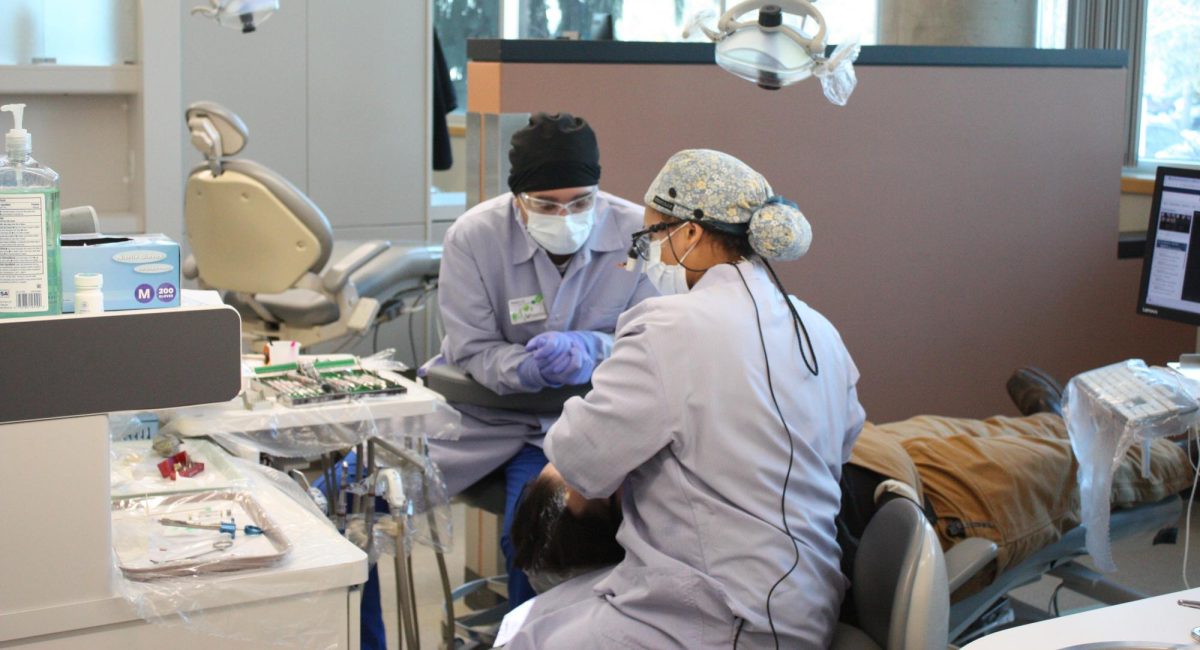Eastern offers course studying terrorism
March 14, 2015
Eastern will offer Terrorism and Revolution in the Modern World, a course about world terrorism this spring quarter. GOVT 398, taught by Dan Sisson, is listed as a seminar course and offered Tuesdays and Thursdays from 2-3:50 p.m.
The course is an examination of terrorism and its origins, along with other aspects such as the financial, structural and intellectual settings of terrorist groups, ranging from Mao Zedong to Osama bin Laden.
Other subjects covered include European, American and Israeli imperialism in the Middle East. Along with the impacts of the Afghanistan and Iraq wars, the course covers the emergence of the Islamic State of Iraq and the Levant (ISIL) and ISIS (Islamic State of Iraq and Syria) terrorist groups.
Majid Sharifi, Ph.D., is the associate professor of Political Science at EWU. In an email interview, Sharifi said he was consulted by Sisson about his views on the political climate that terrorism produces in and by modern governments.
“I would say that terrorism is an understudied topic in general and [an] under-examined subject in academia,” said Sharifi. “EWU is no exception. We often hear and talk about terrorism, but we don’t examine it from a scientific perspective.”
Sharifi said the study of terrorism is mostly about who has the power to name terrorists, define terrorism and use violence to kill agents of terror, therefore preventing the rise of would-be terrorists in the future.
“I think and hope that this course is an attempt to problematize the systematic dimensions of terrorism, not merely its demonic and violent acts, though they are,” said Sharifi. “From my conversation with [Sisson], I think he is trying to do exactly that, although a quarter does not seem sufficient.”
Keylin Huddleston, a senior majoring in environmental science and minoring in government, said Government 398 was a great course to take because the experience was eye-opening, the professor was passionate about the content and was informative for state voting.
“[Terrorism] is a sticky situation,” said Huddleston. “The U.S. does conduct world policing and tries to modernize [Middle Eastern] states for democracy. … The methods ISIS uses to convey their message is ruthless and they always refer to the U.S. and how they don’t want to modernize.”
Huddleston said it is very important to study world politics in a class such as this because U.S. involvement in the Middle East is about more than just the 9/11 attacks.
“Each college specializes in a subject area,” said Huddleston. “However, we need an educated population for voting, so it’s good to know [about world events] from a course like this. If educated, we could gravitate towards a unified ideology and help alleviate some of the problems we face in our government today.”







